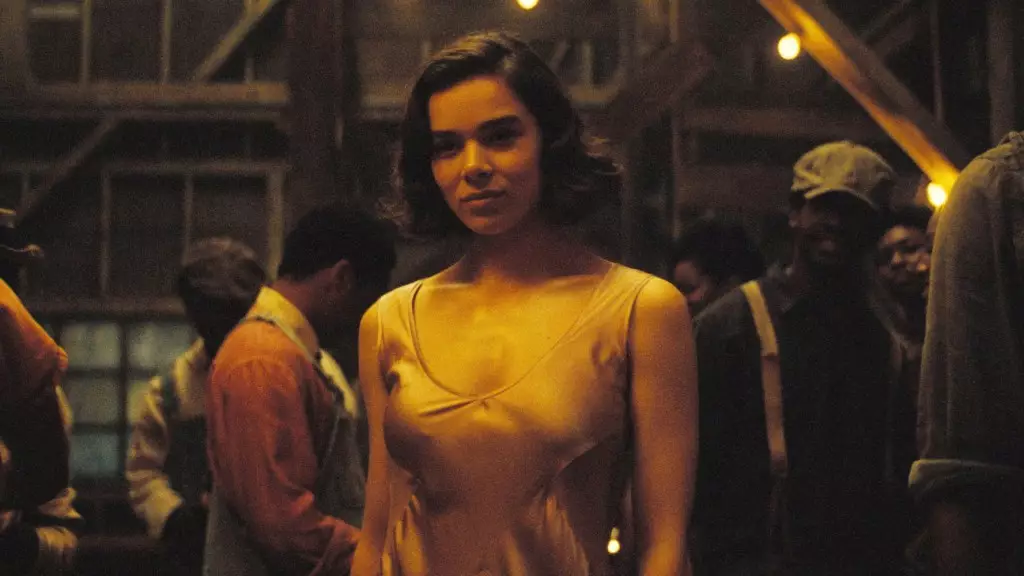In her latest cinematic venture, Hailee Steinfeld embarks on a haunting journey in the film “Sinners,” a narrative that transcends the typical vampire tale. Steinfeld’s portrayal of Mary, a multi-racial vampire, acts as a profound canvas against which she explores her own identity in relation to her family’s complex history. Much more than a mere character, Mary embodies a visceral connection that resonates deeply with Steinfeld, reflecting an ongoing dialogue about race, heritage, and the heavy weight of history. The compelling manner in which she relates to her character reveals not just her acting prowess, but also her ability to connect deeply with themes that resonate within her own life, emphasizing the necessity of representation in today’s cinematic landscape.
Finding Resonance in Historical Context
Steinfeld has articulated how the multi-racial aspect of her character serves as a mirror, reflecting her part-Black and part-Filipino heritage. As she engages with the narrative set in the 1930s, a time often marked by racial tensions and societal upheaval, we witness a striking juxtaposition of the horror genre with the fierce realities of discrimination. Through her emotional involvement, Steinfeld not only brings Mary to life but also highlights the often-overlooked narratives of people of color in historical contexts. Such engagement is pivotal as it underscores the importance of storytelling that does not shy away from uncomfortable truths. It allows audiences to confront their realities rather than evade them.
The Influence of Personal Loss and Legacy
Director Ryan Coogler’s own experiences further enrich the film, adding layers of authenticity and emotional weight. His homage to personal loss—specifically the memory of his late Uncle James—infuses the narrative with a poignancy that doesn’t merely aim for shock value but rather operates on a deeply human level. Coogler’s reflective connection to blues music as a means of conjuring memories serves as an instrumental backdrop, weaving together the threads of legacy, memory, and mortality. This juxtaposition of personal and collective histories offers insight into the broader African American experience, positioning the film not just as entertainment, but as a cultural reckoning.
The Impact on Contemporary Audiences
The merger of Steinfeld’s personal reflections and Coogler’s creative vision establishes “Sinners” as more than a horror film; it is an exploration of identity and resilience amidst adversity. Such narratives are vital in our current sociopolitical climate, where issues of race and identity remain contentious. Their combined efforts challenge audiences to wrestle with their histories while recognizing the beauty and pain inherent in their stories. The film demands emotional engagement, compelling viewers to reflect on their own lineage and the societal structures that have shaped their existence.
In an era when so many stories are told through sanitized lenses, the raw sincerity presented in “Sinners” serves as a crucial reminder of the power of authentic storytelling that honors both past and present. Such endeavors are monumental in forging connections across different demographics, cultivating empathy through shared experiences, and ultimately redefining what it means to be human in the face of societal horror.


Leave a Reply